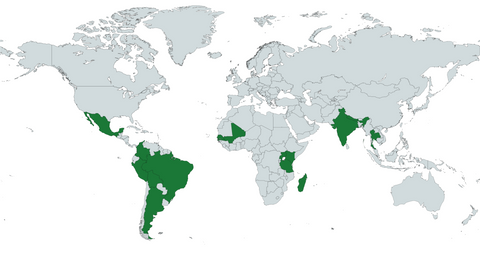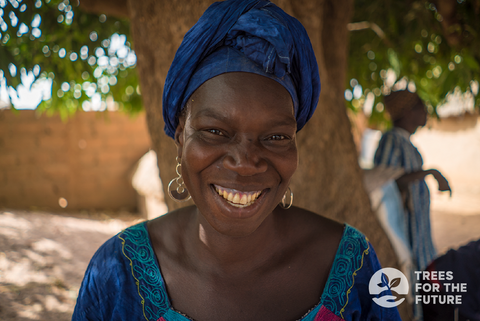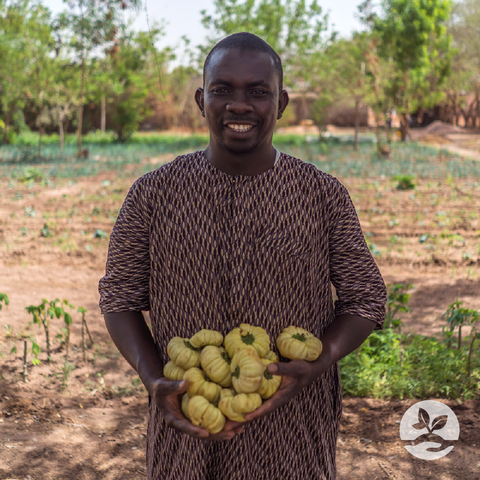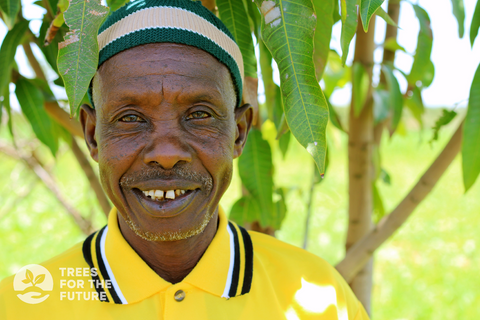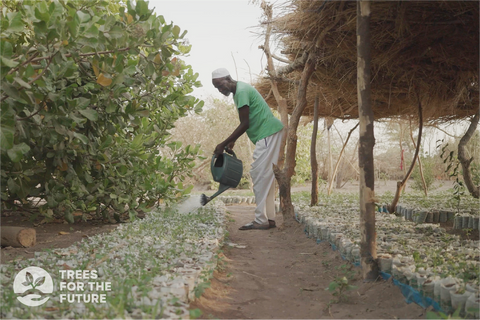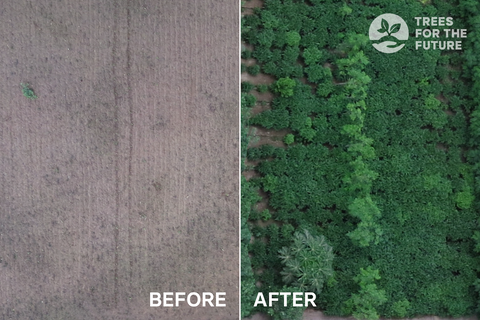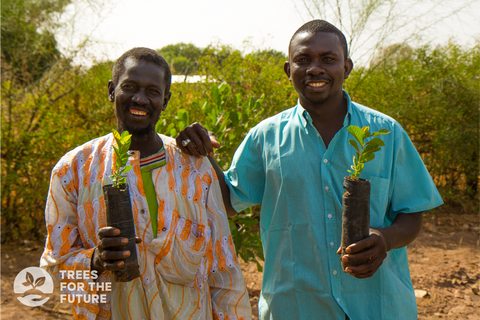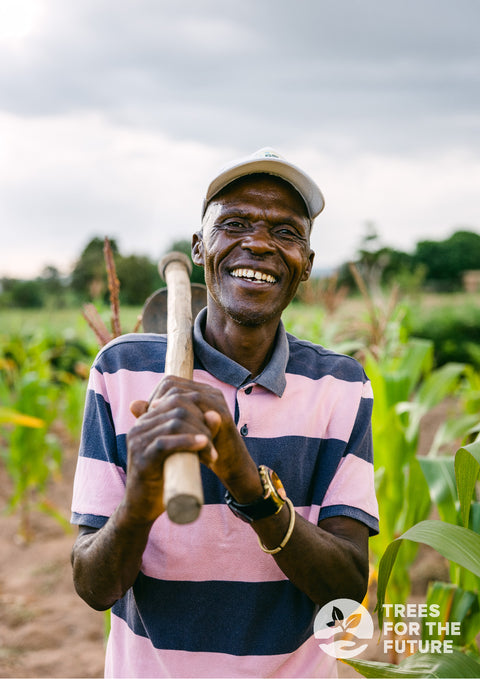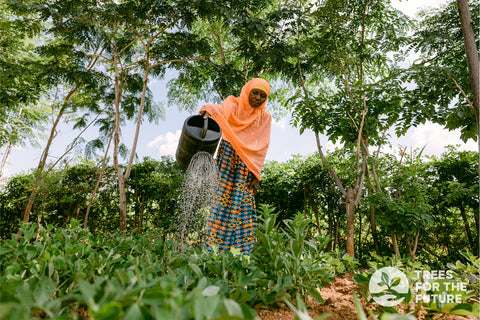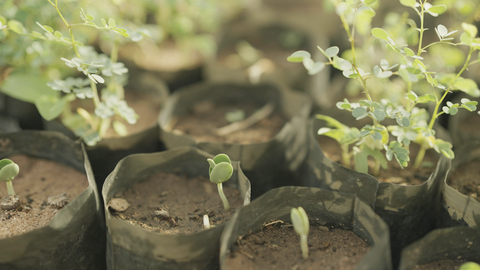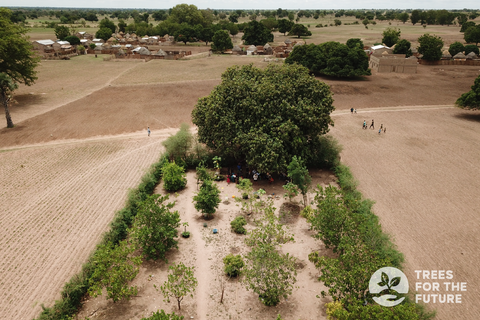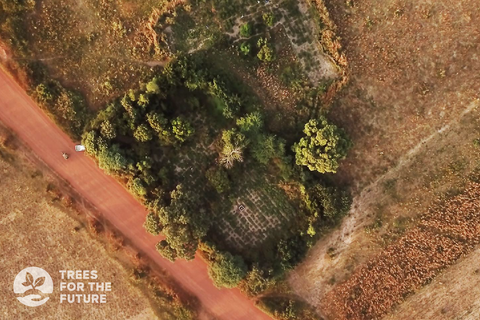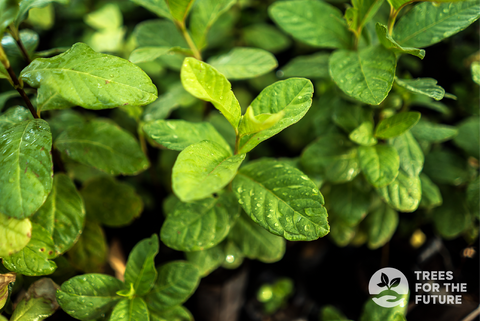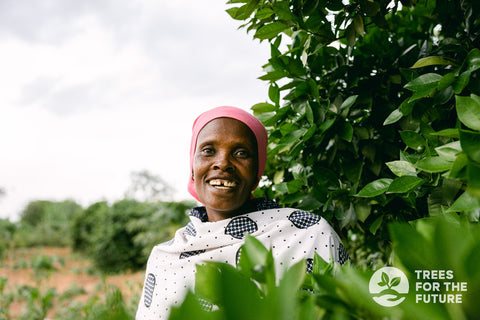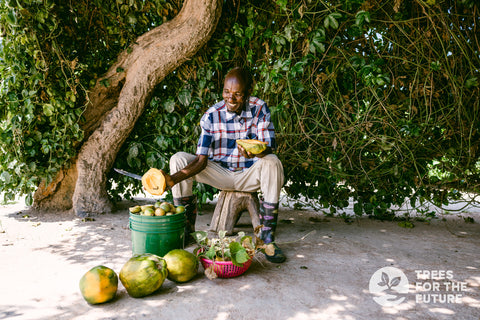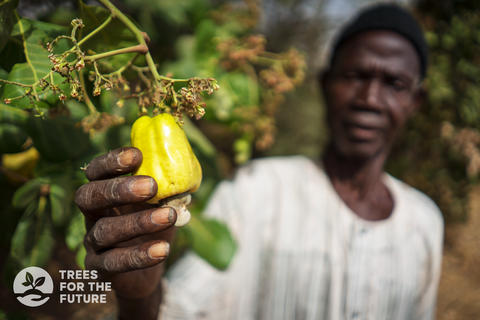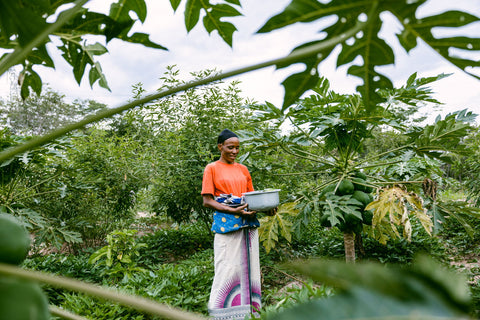Restoring Nature
We are on a mission to protect and restore nature, remove carbon from the environment, and help accelerate the irreversible transition to a zero carbon economy. Cactuses are extraordinary allies to that end. Let us explain.
Cactuses are strong, resilient plants, that need little water to thrive, and which can endure in the harshest conditions. Like most of us in the Global South they are true survivors. Just these elements on their own make them extraordinary components of our global ecosystems. But their most valuable attribute, and probably their least known, is the carbon capture services they provide to the planet.
Cactuses photosynthesize and decarbonize the atmosphere simultaneously, and when they die, much of the carbon they captured from the atmosphere throughout their lifetime is transformed into calcium carbonate, an inorganic mineral that is sequestered underground through its root formation, rather than returning it to the atmosphere as a gas product of decay in the short term. Amazing.
Cactuses play an important role in our quest to remove carbon from the environment, the most important greenhouse gas driving climate change. But we can do more. We are committed to doing our part and more to help keep people and natural systems safe from the impacts of climate change, which the Pentagon calls a "threat multiplier". Therefore, we have established partnerships to ensure the continuous removal of CO2 from the environment throughout our business operation by directing a portion of our revenue to support high quality reforestation projects worldwide.
Thanks to your support, we have planted more than 10,000 trees in 15 countries across four continents, which is major for a small business like ours. And we are just getting started.
We know that everyone is planting trees, and everyone should, but why is that? The answer is simple: because they work. The easiest way to actively remove carbon dioxide from the atmosphere is by planting new forests, or restoring old ones. As forests grow, their trees take in carbon from the air and store it in their leaves, trunks, and roots. If not for forests, much of this carbon would remain in the atmosphere in the form of carbon dioxide.
Having said that, stopping deforestation in the first place is critical. Since 1850, about 30% of all CO2 emissions have come from deforestation. Beef production is the top driver of deforestation in the world's tropical forests, so if you can reduce your beef consumption that helps too.
Reducing emissions and removing carbon from the environment is absolutely central to avoid the worst consequences of climate change. But forests offer additional ecosystemic services: 1) Remove air pollutants by absorbing them into their leaves and bark 2) Prevent soil erosion by growing roots that hold the soil together 3) Provide habitat for over 80% of the world’s terrestrial biodiversity 4) Filter our drinking water through their roots 5) Prevent floods and landslides by absorbing water and slowly releasing it via transpiration, among many other added benefits.
But there is more, trees really transform lives. Reforestation efforts have the power to break cycles of generational poverty by rebuilding our food systems from the ground up and supporting local communities with decent employment, all while restoring the planet.
A lot can be said about the virtues of planting a tree. You can learn more in the websites of our reforestation partners [Trees for the Future (TREES) and Tree-Nation] who have rigorous monitoring, reporting, and verification processes in place.
Everything we do is because of your support, so, once again, thank you.




